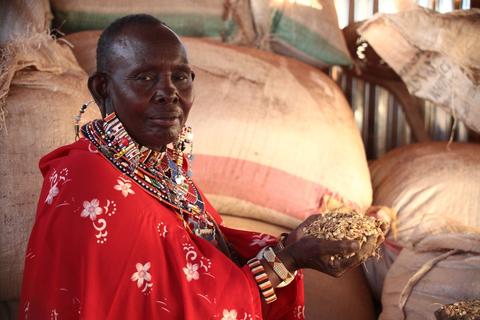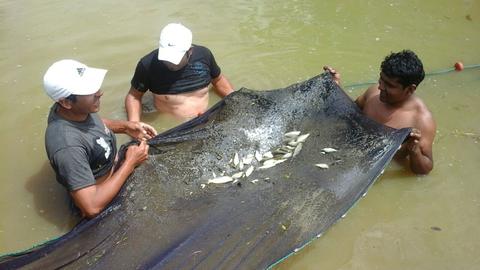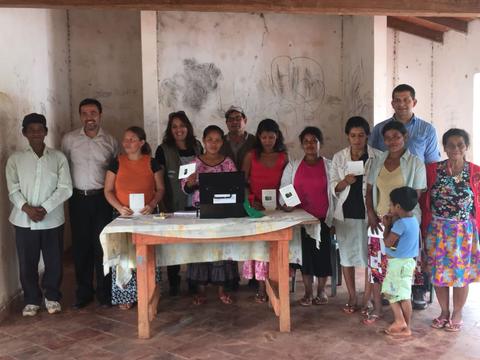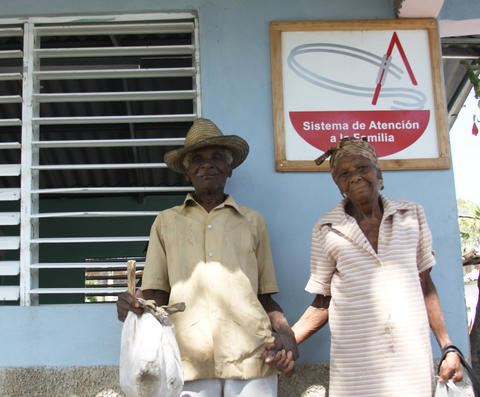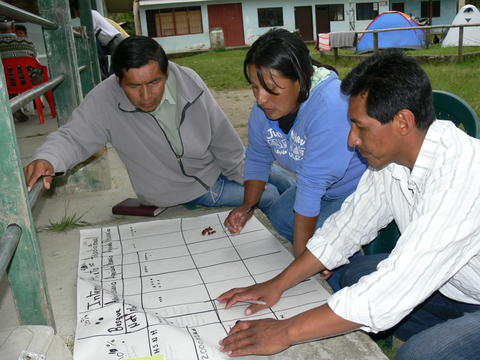May 12, 2017
Peruvian Peasant Women Build Network of Credit Unions
On the vast expanse of the Peruvian altiplano, a land of few banks where cash transactions and barter dominate, peasant women have set up micro-credit institutions to help themselves and their neighbors climb out of poverty.
The associations, known as UNICAs from the Spanish acronym for savings and credit union, serve a rural population who must contend with winter temperatures of minus 15 C (minus 5 F) and accompanying frosts that wipe out crops and kill livestock.
To create the UNICAs, the women sought assistance from Andean Grains, a UN initiative to improve the lives of peasants in the regions of Ayacucho and Puno.
“These are people who didn’t have the habit of saving even a single sol (30 cents) a month, and now they are saving,” Peru’s coordinator for Andean Grains, Miguel Maldonado, told EFE during a visit to Puno along with UN representatives.
Andean Grains is a project of the Sustainable Development Goals Fund in collaboration with Spain’s AECID foreign-aid agency and several UN bodies, including the Food and Agriculture Organization and the International Labor Organization.
The members of a UNICA make monthly contributions to finance their individual projects with loans carrying an interest rate of 3 percent.
The profit from the interest on the loans is shared among the members.
Through this virtuous circle, some UNICAs have accumulated as much as 16,000 soles ($4,800), Maldonado said, pointing out that many residents of the region scrape by on a monthly income below Peru’s official poverty line of 303 soles ($92).
“This is helping us a lot, because the bank doesn’t extend quick credit and charges high interest besides,” Jacinta Mamani, treasurer of the UNICA in Molloco, Puno, told EFE.
Mamani’s association has around 15 members.
Most UNICA members use the loans to buy natural pesticides to protect their plots of organic quinoa, wool to make handicraft embroideries, and livestock.
Benjamina Gonzalo, president of the UNICA in Batalla, told EFE that conventional banks require too much paperwork to grant a loan, while association member need only submit a photocopy of their national identity document.
This article was published by the Latin American Herald Tribune. You can read it here.

